Re:Zero – Starting Life in Another World – The Prophecy of the Throne Review on PlayStation 4
Sometimes, a game has great ideas that would work well in theory, but don’t stick the landing in execution due to poor handling or not being fully fleshed out. Such is the case with Re:Zero – Starting Life in Another World – The Prophecy of the Throne, a title with promising but underdeveloped ideas that could have been something special if handled differently.
Set during the start of Re:Zero’s Royal Selection arc, The Prophecy of the Throne’s setup is pretty standard for an anime tie-in visual novel game. As Subaru is preparing to head to the Royal Capitol with Emilia and Rem, he discovers that an envoy has been sent to inform them that something has led to the postponement of the process.
Upon arriving at the city, they discover the cause: Instead of five royal candidates for the throne appearing, there are now six, throwing off the thought-to-be infallible prophecy.
As such, a hunt to discover what has led to this error – and whether or not one of the candidates is an imposter – commences, dragging Subaru and his friends into a conflict that quickly proves more sinister and dangerous than they ever could have imagined.
It’s a solid setup, and the original content brings enough new ideas to the table to hold the player’s interest until it’s bigger reveals. This is thanks in large part to two of its original characters: Melty Pristis, the sixth royal candidate, and Tiga, her knight. Both offer interesting dynamics with the series’ standard cast, and their roles in the original story content make up the bulk of what makes it the most interesting.
Finding out their backstories, and how they came to be involved in the overarching plot, is enticing from start to finish, and fans of the series in particular will find them to be a great fit for a potential canon of game stories.
Likewise, the story’s villain – a masked, jester-esque figure out to interfere with the Royal Selection’s candidates – is a serviceable enough villain. They carry a nice amount of mystery around them throughout most of the story, provide a good foil for Subaru to pursue through his repeated investigations.

However, the plot isn’t without its flaws. Much of the first half of the game is padded with elements from the main series. Interactions with established characters, and appearances by major characters from later down the line in the anime, are included without much relevance to the new story being presented, and and up feeling like a way to stretch out the experience’s total run time.
The mystery of who the fake royal candidate is also isn’t much of a mystery for anyone who has seen the original series. This can make the hours of gameplay leading up to said mystery’s resolution drag on even longer, especially when the game tries to play up how much of a mystery it is.
Re:Zero – Starting Life in Another World – The Prophecy of the Throne’s gameplay is a similarly mixed bag. The majority of the game plays out like a standard visual novel, with players clicking through dialogue and occasionally choosing how to speak to different characters with different responses.
The game mixes this up a bit by determining how Subaru can respond based on information he can gather in past lives – aka failed attempts to clear sections of the game that led to bad ends. This information can then lead to new ideas he can use to progress the story, giving the player advantages in certain segments.
There are also brief segments where the player can control Subaru in top-down exploration and strategy game-esque events. During these, they can interact with NPCs to gain new ideas and dialogue options, battle with enemies and guide Subaru through potential bad ends.
They’re interesting twists on the standard gameplay formula, and the way it factors in Subaru’s ability to relive events Groundhog Day-style after he dies is a big plus.

However, they’re far from fully fleshed out. Ideas and hints can sometimes be hidden behind arbitrary actions, like talking to an NPC, going and interacting with a random object or unrelated NPC, and then interacting with the first NPC again.
This can lead to being blocked out of solutions the player can easily figure out, but can’t access because they didn’t talk to the right person at the right time. This in turn leads to frustrating deaths that feel included specifically to pad the playtime, and muddles the sense of logic and problem solving the rest of the game tries to provide.
The top-down segments of the game, meanwhile, feel too few and far between. Hours can pass between one showing up, and when they do, they can typically be completed in a dozen or so minutes.
It’s a shame this is the case, because some of them really nail the feeling of trying to out-maneuver stronger opponents or trying to figure out solutions on the fly.
As for the presentation of Re:Zero – Starting Life in Another World – The Prophecy of the Throne, it’s about what one would expect from a visual novel.
The artwork is fairly top-notch, with well-made 3D models of characters appearing on screen during their parts of the story. The backgrounds are well-designed if limited, and players will see most every one quite a few times before the game is done.
The sound design, meanwhile, is a bright spot. Every character’s vocal performances are top of the line, and sound just as good as ones that would be given in the anime. The music is well-handled too, lending the right emotion to scenes and remaining enjoyable even after 20 hours of clicking through dialogue.
Re:Zero – Starting Life in Another World – The Prophecy of the Throne is a mixed bag. There are plenty of points where it fails to utilize its potential, and leans back into unfortunate pitfalls in order to pad it’s runtime.
However, it’s still a worthwhile experience for fans of the series, and shows that introducing new characters and ideas into the series’ framework could lead to an outstanding game in the future.
- Good original story elements
- Interesting new characters
- Translates elements from the series in cool ways
- Padded run time
- Obtuse progression elements
- Under-developed gameplay mechanics

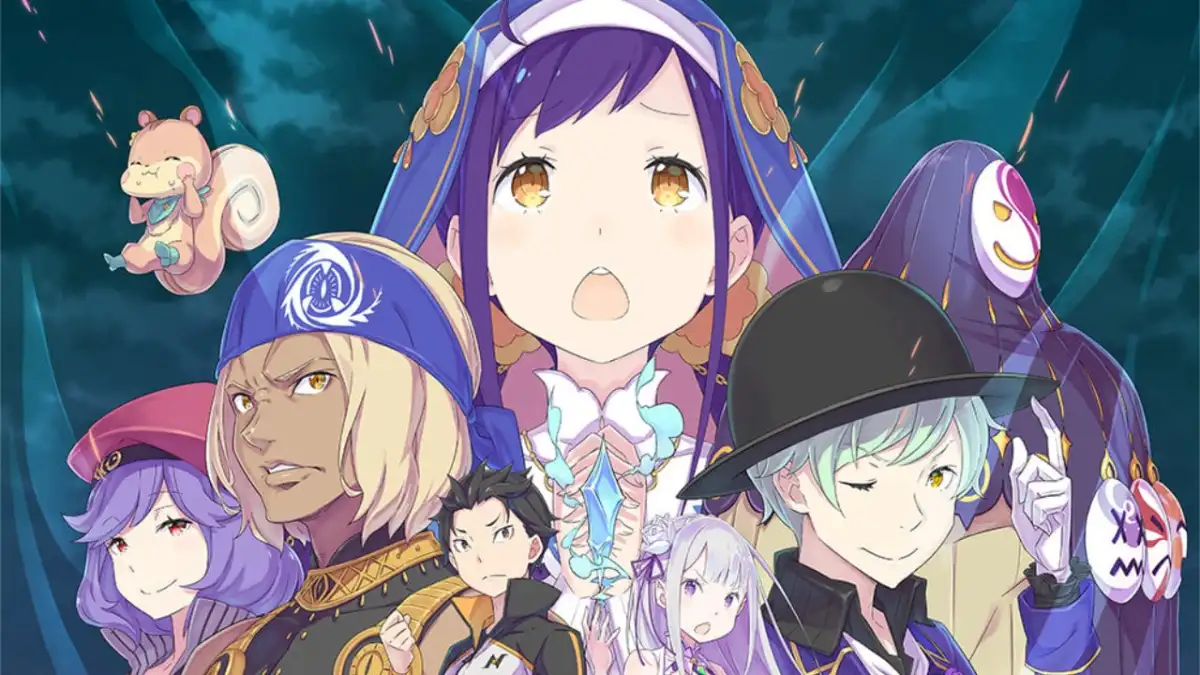

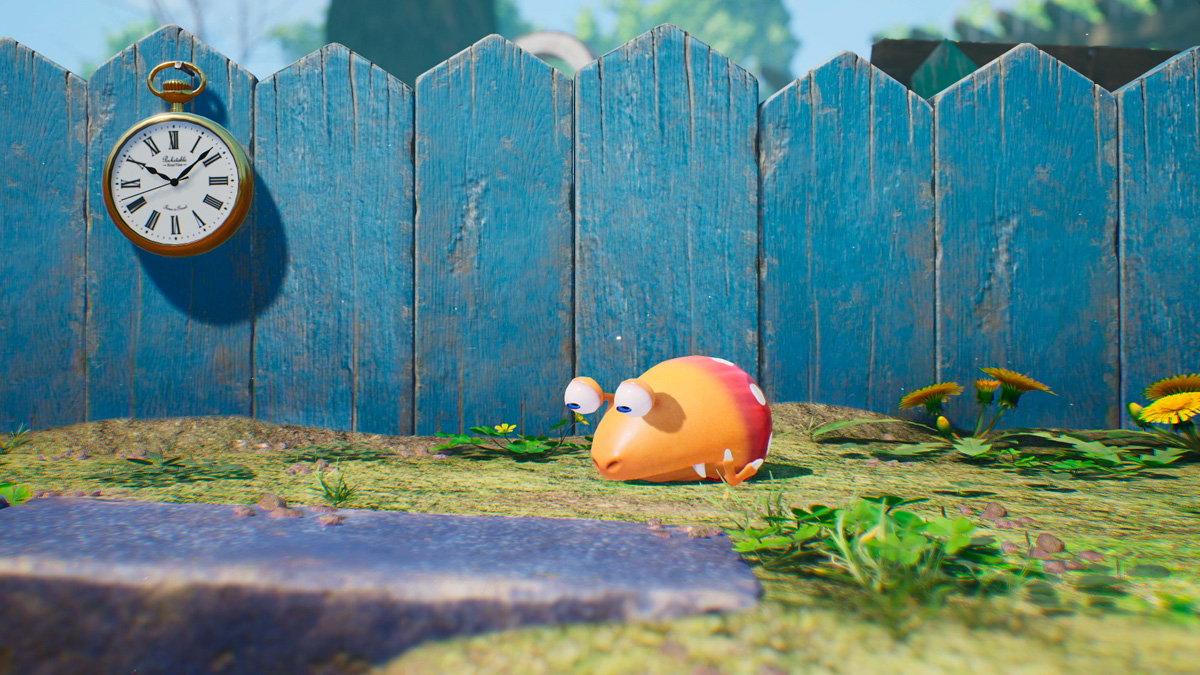

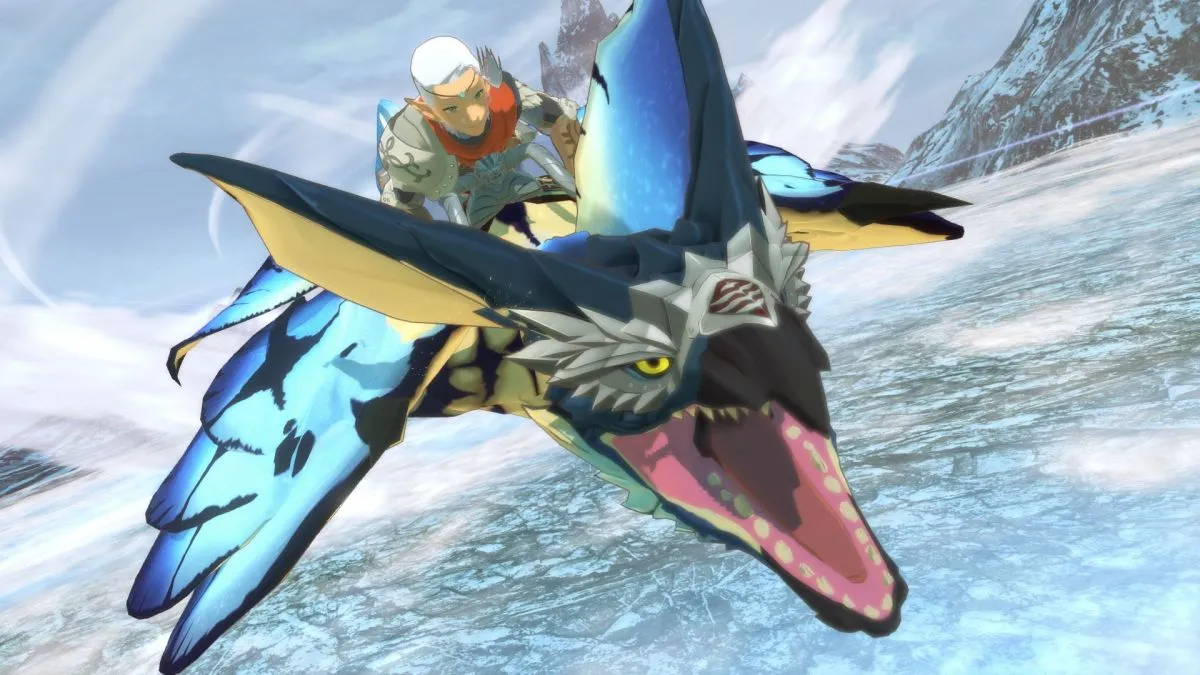
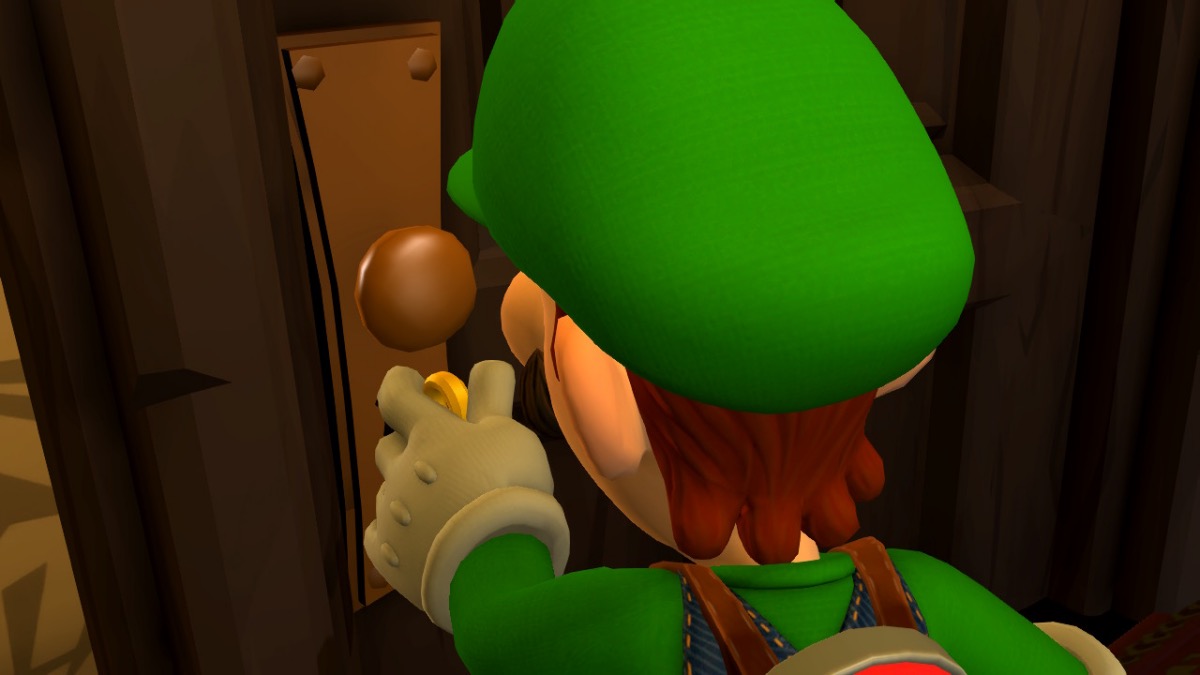

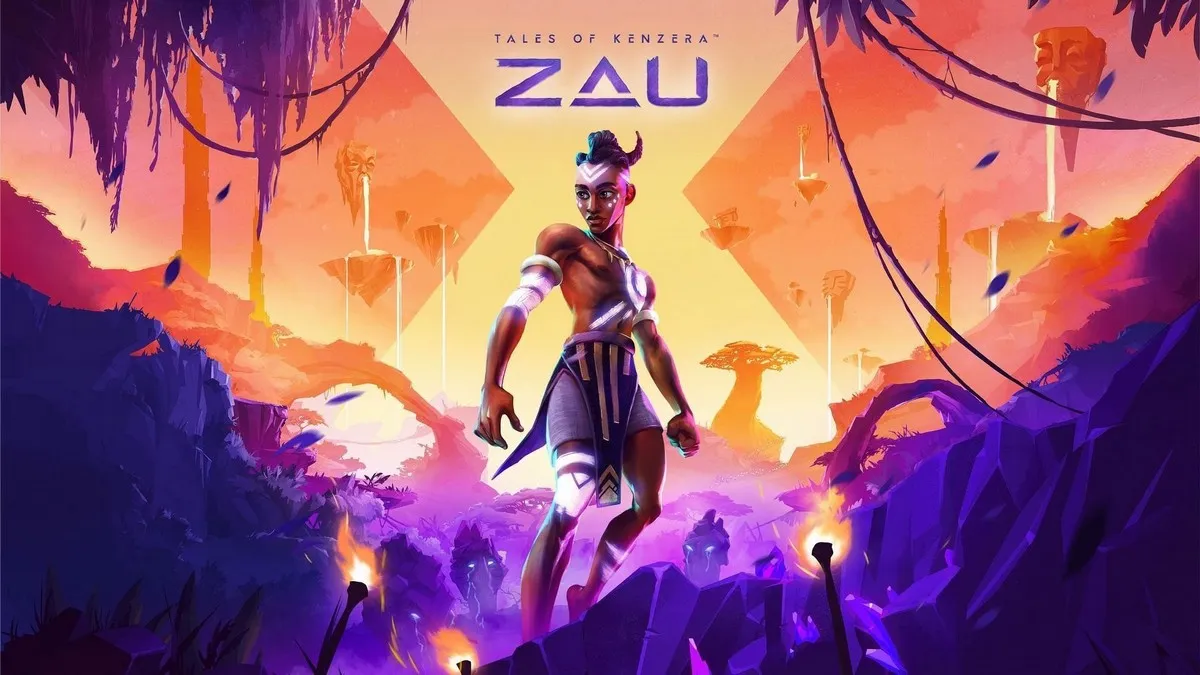



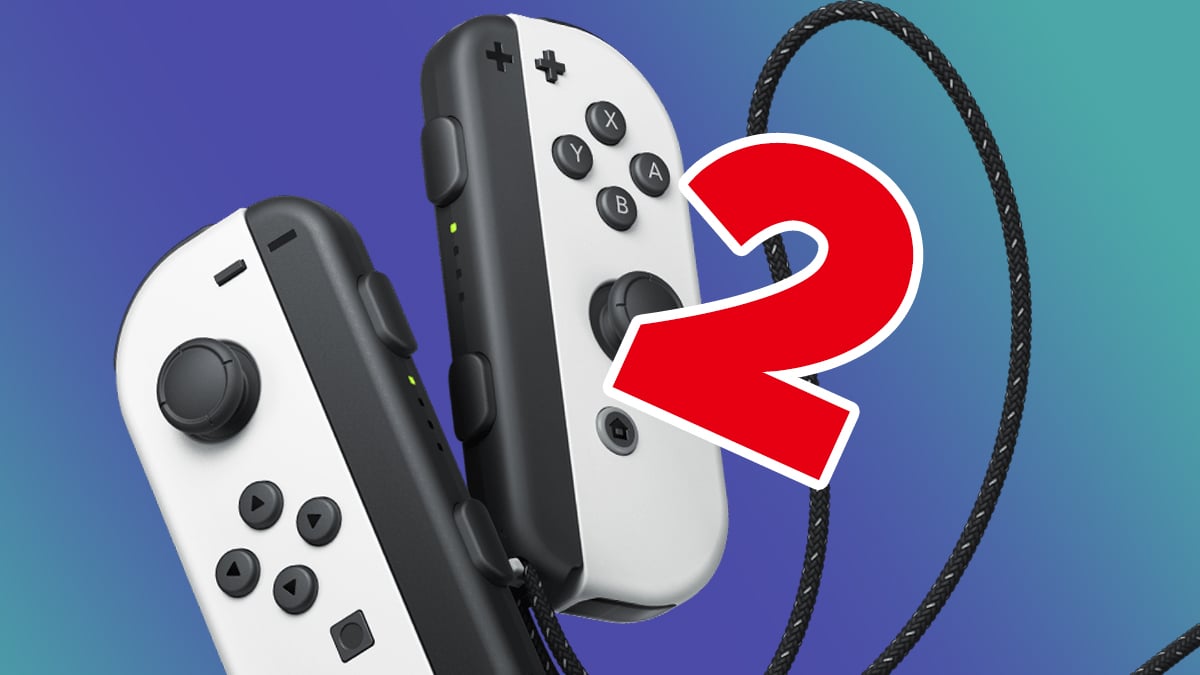
Updated: Apr 2, 2021 02:34 pm